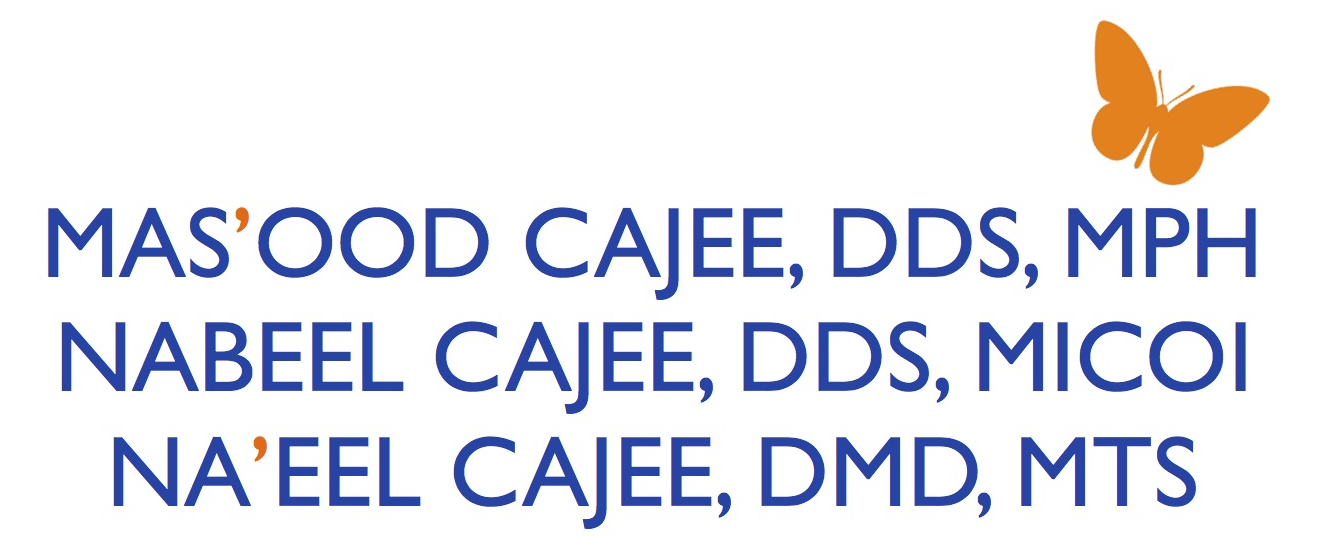7 Things Stroke Doctors Say You Should Never Do
/Stroke is a severe and life-altering medical condition that can have devastating consequences. While no one can guarantee complete immunity from strokes, there are several steps you can take to significantly reduce your risk. Stroke doctors, experts in the field, have identified seven crucial things you should never do if you want to protect yourself from this potentially deadly event.
1. Sedentary Lifestyle:
One of the most common factors contributing to strokes is a sedentary lifestyle. Leading a predominantly inactive life can lead to various health issues, including obesity, high blood pressure, and diabetes - all risk factors for stroke. Stroke doctors emphasize the importance of regular physical activity, such as walking, jogging, swimming, or even dancing, to keep your body healthy and reduce the risk of stroke.
2. Ignore High Blood Pressure:
High blood pressure, or hypertension, is often called the "silent killer" because it can go unnoticed for years while silently damaging your blood vessels and increasing the risk of stroke. Stroke doctors stress the need to monitor and manage your blood pressure regularly. Lifestyle changes, medication, and a heart-healthy diet can help keep your blood pressure in check.
3. Skip Regular Check-Ups:
Regular medical check-ups are essential for early detection and prevention of stroke. Ignoring these appointments can lead to undiagnosed health issues that may increase your stroke risk. Consult your healthcare provider regularly, and discuss your risk factors and family history to ensure timely intervention if needed.
4. Smoking:
Smoking is a well-known risk factor for stroke. The chemicals in cigarettes damage blood vessels, increase clot formation, and contribute to atherosclerosis, all of which can lead to a stroke. Quitting smoking is one of the most significant steps you can take to lower your stroke risk. Stroke doctors strongly advise seeking help and support to kick this harmful habit.
5. Drinking Too Much Alcohol:
Excessive alcohol consumption can lead to high blood pressure, irregular heart rhythms, and an increased risk of stroke. While moderate alcohol consumption may have some cardiovascular benefits, it's essential to keep it in check. Consult with your healthcare provider to determine a safe and healthy level of alcohol consumption for your specific circumstances.
6. Ignore Your Diet:
Your diet plays a pivotal role in stroke prevention. Stroke doctors recommend a diet rich in fruits, vegetables, whole grains, lean proteins, and low in saturated and trans fats. This approach helps maintain a healthy weight, control blood pressure, and keep cholesterol levels in check. Reducing salt intake can also lower the risk of high blood pressure.
7. Dismiss Necessary Treatment:
If you have underlying health conditions or have experienced stroke warning signs, never dismiss necessary treatment or medical advice. Stroke is a medical emergency, and timely intervention can be life-saving. Familiarize yourself with the signs of stroke, such as sudden numbness, confusion, trouble speaking or understanding, and seek immediate medical attention if you or someone around you experiences these symptoms.
Stroke is a serious medical condition that can lead to long-term disability or even death. While there's no guaranteed way to prevent strokes entirely, you can significantly reduce your risk by following the advice of stroke doctors. Avoiding a sedentary lifestyle, managing high blood pressure, attending regular check-ups, quitting smoking, moderating alcohol intake, maintaining a healthy diet, and never dismissing necessary treatment are vital steps in stroke prevention. By taking these precautions, you can help protect yourself and your loved ones from the devastating impact of stroke. Your health should always be a top priority, and these proactive measures are a critical part of a healthy lifestyle.





